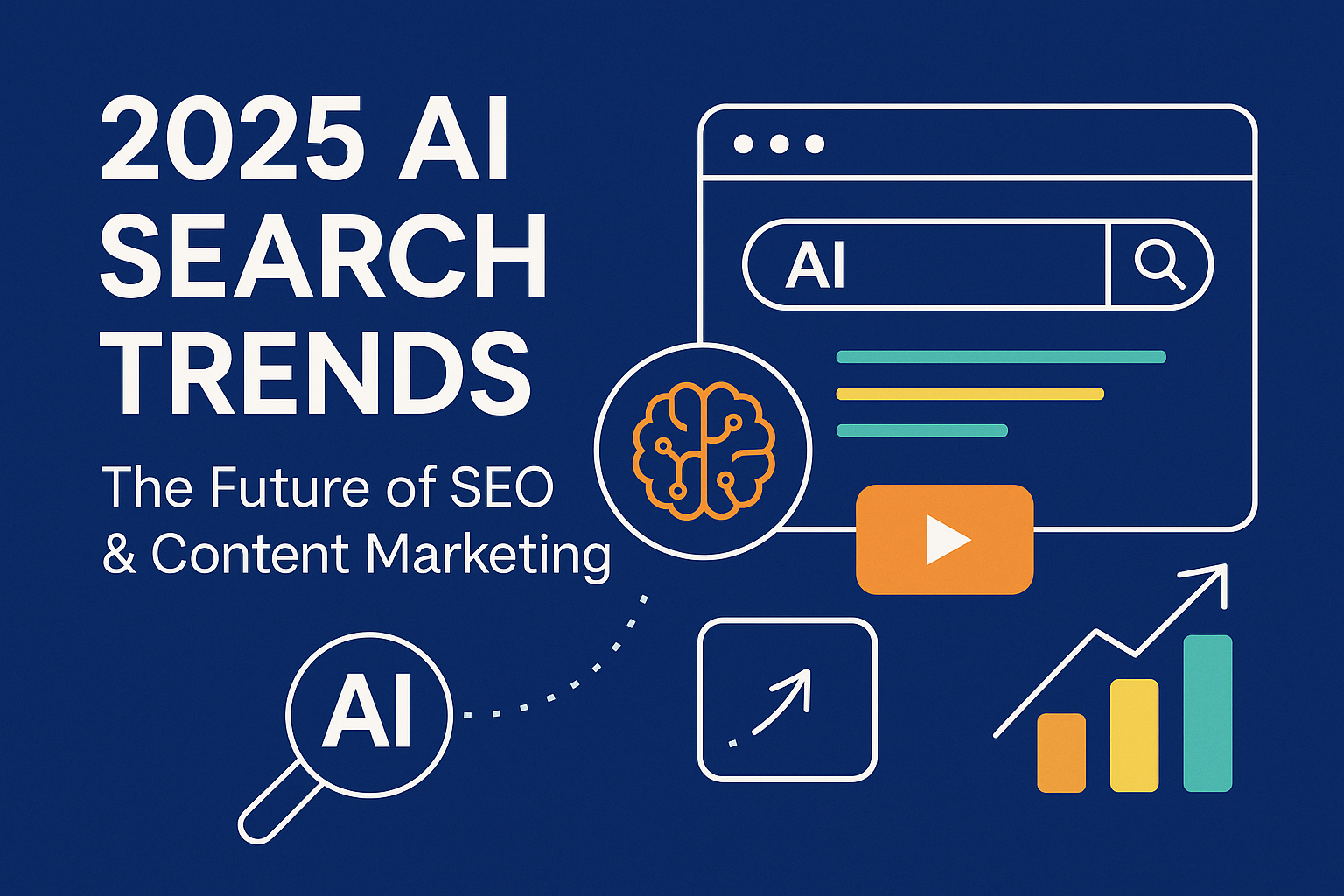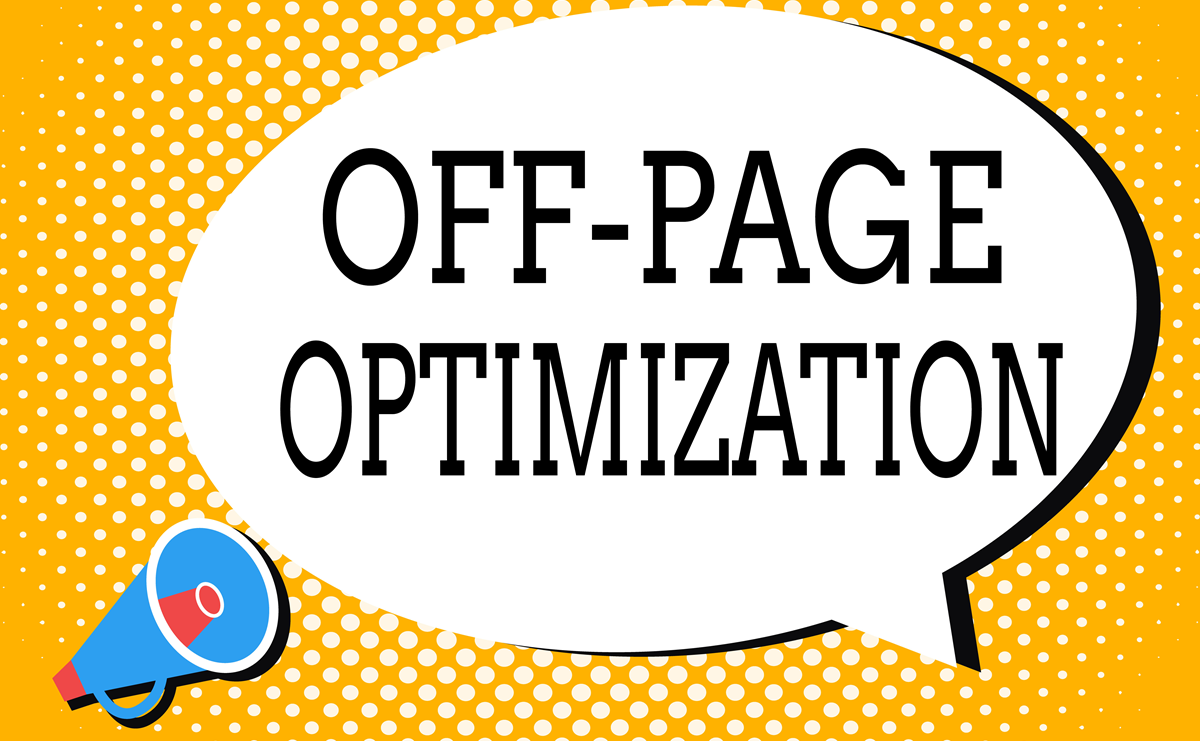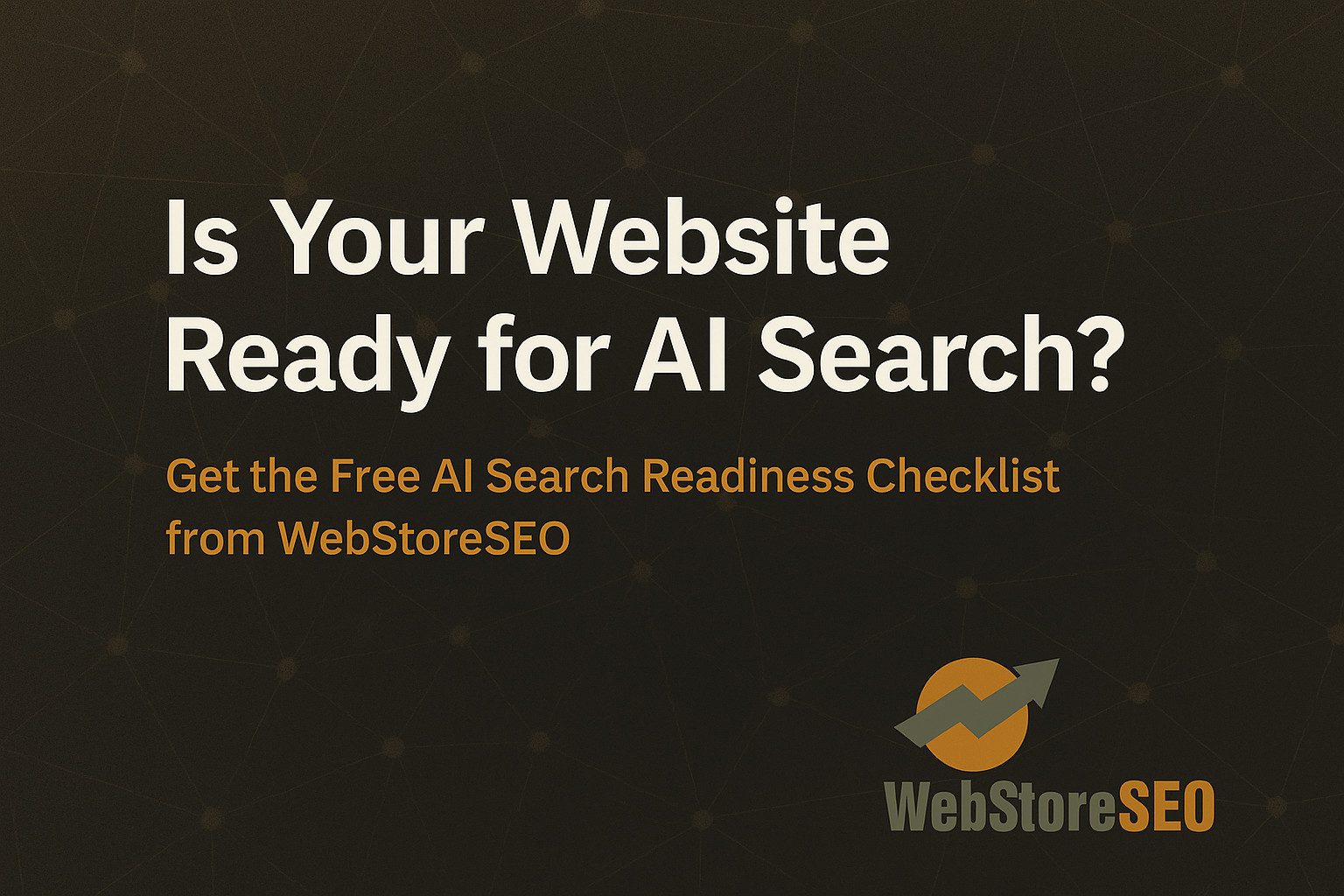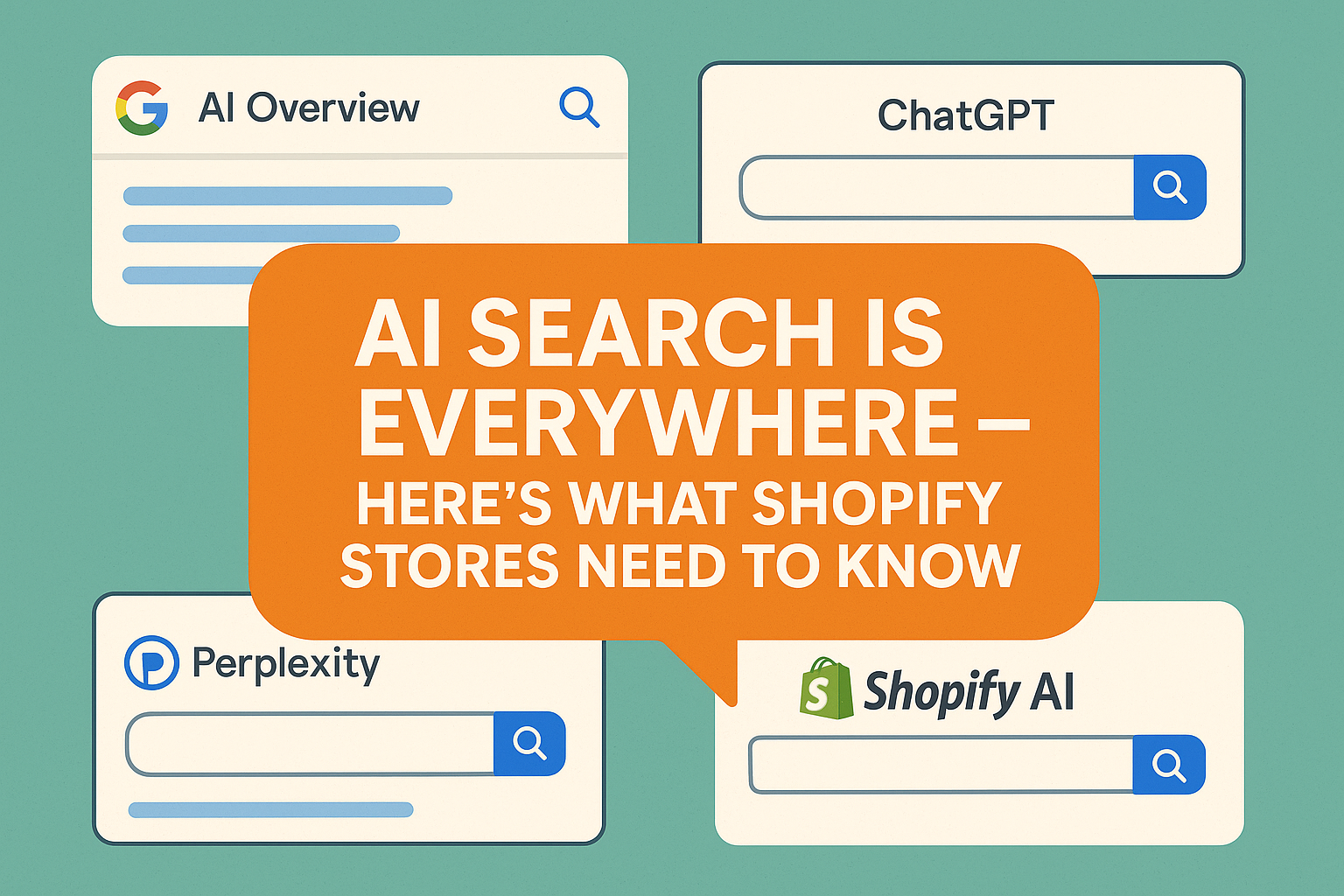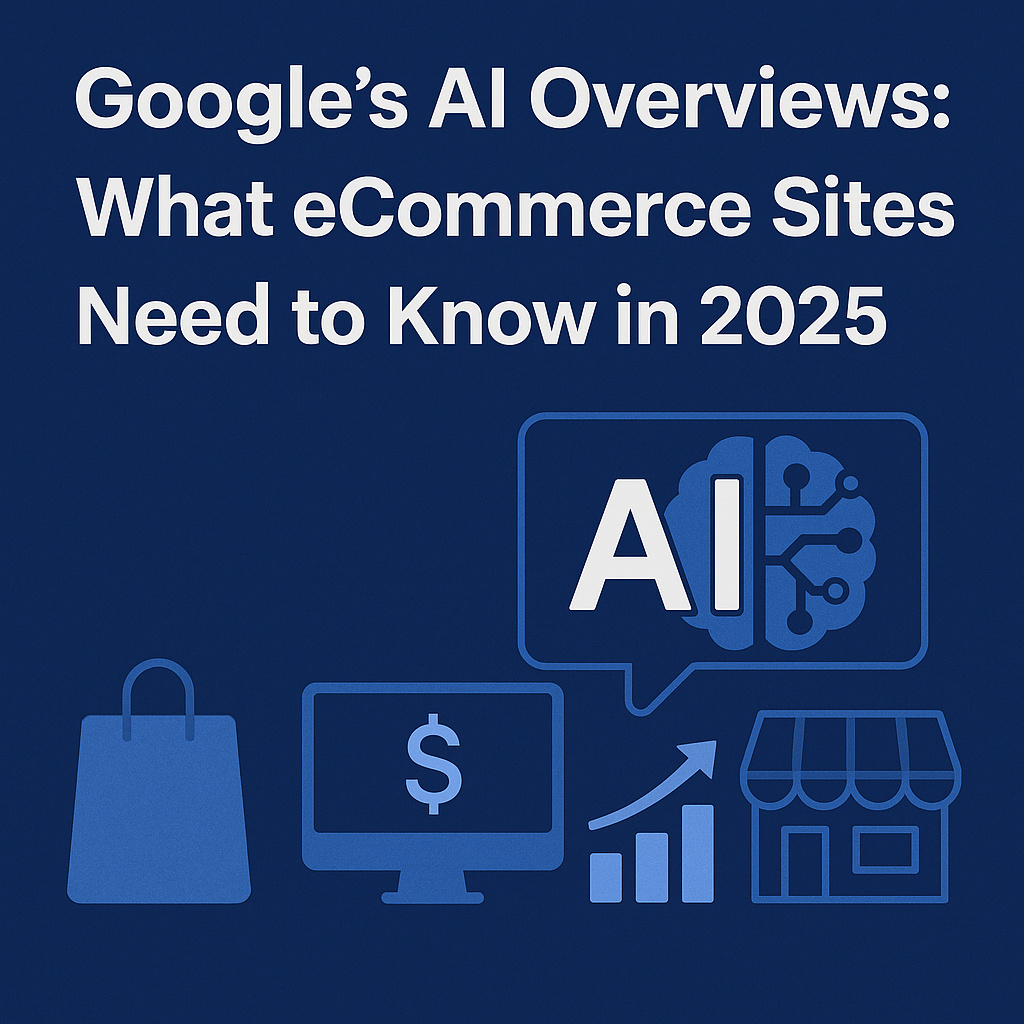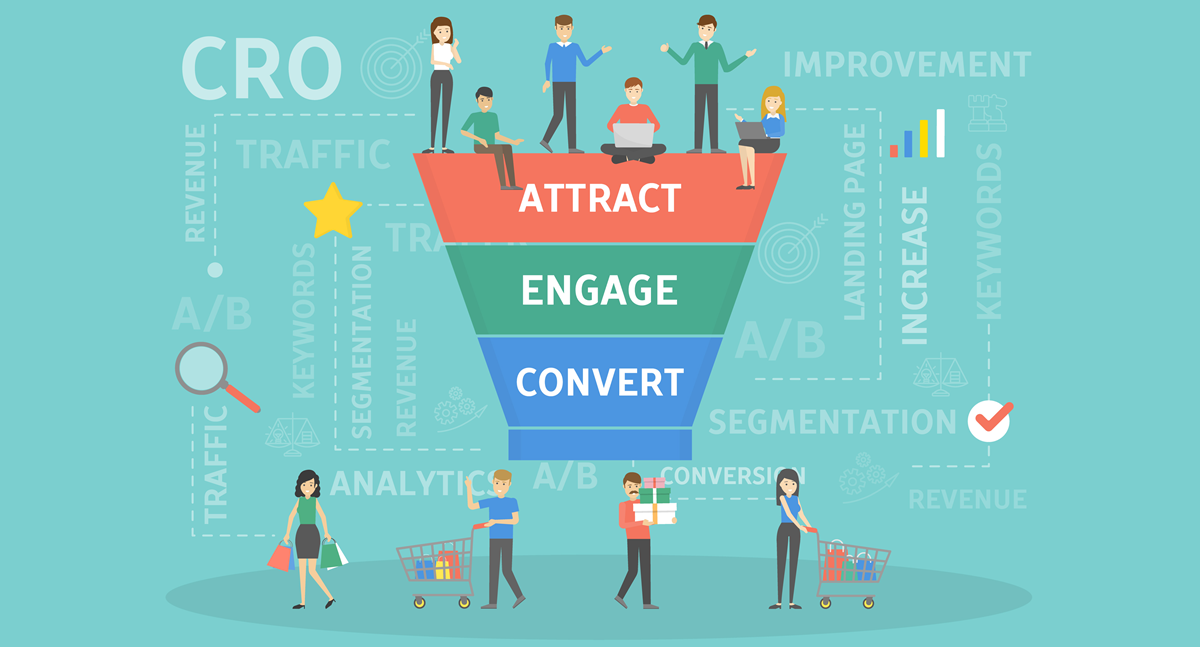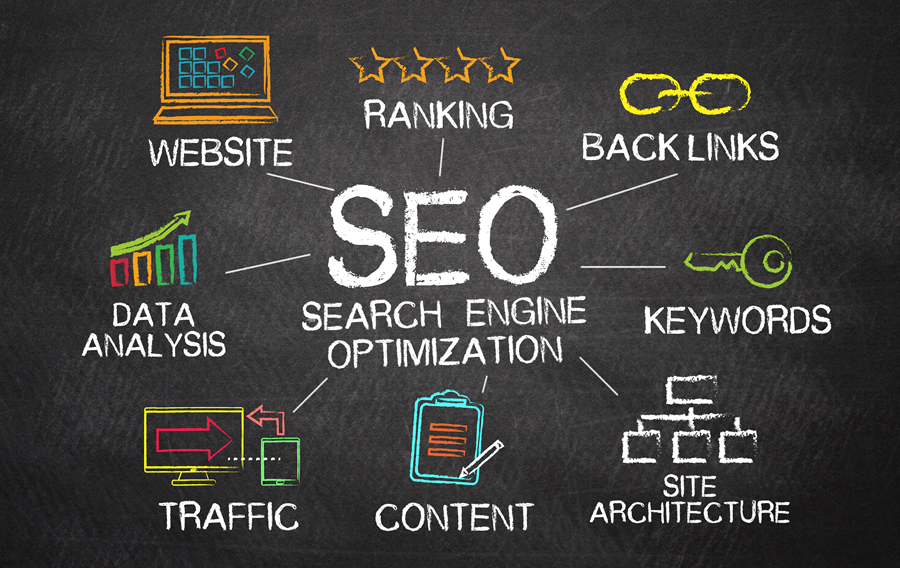By Jeff Fagan
•
August 20, 2025
In the competitive world of eCommerce, standing out is crucial to success. That’s where eCommerce SEO (Search Engine Optimization) comes in. Simply put, SEO is the art and science of making your online store more visible to search engines like Google, increasing the likelihood of driving organic traffic, improving conversions, and boosting sales. This ultimate guide covers everything you need to know about eCommerce SEO, from the basics to advanced strategies. If you're an online store owner already familiar with SEO, you're in the right place—this guide is designed to deepen your understanding of what works, what's worth your time, and how to stay ahead in a rapidly changing market. Along the way, we’ll link to more detailed posts that dive into specific tactics to help you implement these strategies. What is eCommerce SEO and Why Does It Matter for Your Online Store? eCommerce SEO is the process of optimizing an online store to increase its visibility in search engine results, particularly for relevant search terms related to your products. Why does it matter? Simple—without proper SEO, your store may get lost in the vast sea of online competition. The better your SEO, the higher your rankings, and the more traffic you’ll attract to your site. Read more about the basics of eCommerce SEO and why it matters in our dedicated post on the topic . How to Choose the Best Keywords for Your eCommerce Site Choosing the right keywords is one of the most critical steps in SEO. You want to rank for terms your potential customers are searching for, but you also need to strike a balance between search volume and competition. Our guide to keyword research helps you understand the process of identifying and using the best keywords for your online store. From long-tail keywords to high-converting phrases, mastering this area will set the foundation for your eCommerce SEO strategy. Read more on selecting the best keywords . On-Page SEO Tips for eCommerce Websites Once you have your keywords, it’s time to apply them to your site. On-page SEO is the process of optimizing individual pages on your site to rank higher and earn more relevant traffic. This includes optimizing your product pages, using header tags, writing compelling meta descriptions, and creating SEO-friendly URLs. On-page SEO for eCommerce also means focusing on internal linking and ensuring that your content is structured for both search engines and your customers. We dive deeper into on-page SEO best practices in a detailed post here . How to Optimize Your eCommerce Site’s Technical SEO for Better Rankings Technical SEO is the backbone of your site’s performance. From fast loading times to mobile optimization, search engines reward sites that are technically sound. Technical SEO involves improving the backend of your store, like fixing broken links, ensuring your site’s speed is up to par, implementing HTTPS, and optimizing for mobile users. A technically optimized site makes it easier for both users and search engines to navigate, leading to higher rankings and improved user experience. For more information, explore our comprehensive guide to technical SEO for eCommerce here . The Importance of Content Marketing for eCommerce SEO When it comes to SEO, content is still king. High-quality content builds trust, informs customers, and provides valuable information that search engines love. Content marketing for eCommerce stores includes blogging, creating guides, product descriptions, and FAQs that are optimized for SEO. Consistent, informative content not only boosts your rankings but also positions your brand as an authority in your niche. If you want to learn how content marketing impacts SEO, check out our full guide on content marketing for eCommerce SEO here . How to Build Quality Backlinks for Your eCommerce Store Backlinks are one of the most important ranking factors in SEO. When reputable sites link to your store, it tells search engines that your site is trustworthy and valuable. Building quality backlinks is a strategic process that involves outreach, guest posting, and getting your products and content featured in authoritative publications. It’s not just about quantity; the quality of backlinks matters most. Learn more about building backlinks for your eCommerce store in our post here . Improving User Experience (UX) for eCommerce SEO User experience (UX) is closely tied to SEO. When visitors have a seamless and enjoyable experience on your site, they're more likely to convert—and search engines take notice of this. Improving UX for SEO involves optimizing your site’s navigation, minimizing distractions, enhancing product page design, and making the purchasing process simple and smooth. Dive deeper into improving UX for better eCommerce SEO here . How to Improve Your eCommerce Site’s Mobile SEO With more and more customers shopping on mobile devices, mobile SEO has become a crucial factor for success. Google uses mobile-first indexing, meaning your mobile site version is what gets ranked. To ensure your store is optimized for mobile users, focus on things like responsive design, fast load times, and mobile-friendly navigation. Read more about optimizing for mobile SEO in our dedicated post here . The Role of Local SEO in eCommerce and How to Leverage It For stores that have a physical presence or serve local customers, local SEO is essential. It involves optimizing your site to show up in local search results and map listings, increasing visibility among nearby customers. Local SEO includes tactics like claiming your Google My Business listing, getting local backlinks, and creating localized content. Learn more about leveraging local SEO for eCommerce here . SEO for Product Pages: Best Practices for Maximum Visibility Your product pages are the most important part of your eCommerce site, and they need to be optimized for search engines to help them rank higher. Optimizing product pages involves using relevant keywords, writing unique product descriptions, using high-quality images, and providing clear calls to action. Well-optimized product pages can help you rank for product-related keywords and drive more targeted traffic. For an in-depth guide, check out our post on SEO for product pages here . The Impact of Site Speed on eCommerce SEO and How to Fix It Site speed is a ranking factor, and it also affects user experience. Slow sites lead to higher bounce rates and lower conversions. Optimizing site speed involves reducing image sizes, leveraging caching, and ensuring your hosting solution is up to par. Read more about improving site speed for better SEO here . How to Use Structured Data (Schema Markup) for eCommerce SEO Structured data helps search engines understand the content on your site better, which can lead to richer search results (like product ratings and prices displayed directly on Google). Implementing schema markup on product pages is essential for enhancing visibility in search results. Learn how to use structured data to boost your SEO here . Why eCommerce Sites Need to Focus on SEO for Long-Term Growth Investing in SEO isn’t just about immediate results; it’s a long-term strategy that pays dividends over time. In this section, we explain why long-term SEO is essential for growing your eCommerce business and how it can help you maintain a steady flow of organic traffic. Read more on why long-term SEO should be a key focus for your eCommerce business here . Understanding the Relationship Between eCommerce SEO and Conversion Rate Optimization (CRO) SEO and conversion rate optimization (CRO) go hand-in-hand. While SEO brings in traffic, CRO focuses on turning that traffic into paying customers. Learn how optimizing your site for conversions can improve your overall SEO performance and how these two areas complement each other. Read more about SEO and CRO here . How to Create an SEO-Friendly eCommerce URL Structure Your URL structure plays an important role in SEO. Clean, descriptive URLs help search engines and customers understand what your pages are about. Best practices include keeping URLs short, using keywords, and avoiding unnecessary parameters. For more on creating SEO-friendly URLs, check out our detailed post here . The Importance of Secure HTTPS for eCommerce SEO Search engines prefer sites that are secure, and HTTPS is a ranking signal. Having an SSL certificate ensures your customers’ data is safe and improves your SEO. Learn more about how to implement HTTPS for SEO benefits here . How to Use Internal Linking to Boost eCommerce SEO Internal linking helps search engines crawl and index your site more efficiently. It also distributes link equity to important pages, improving their chances of ranking. Read more about how internal linking can boost your SEO here . The Role of Reviews and User-Generated Content in eCommerce SEO User reviews and other forms of user-generated content (UGC) like Q&A and social proof can improve SEO by providing fresh, keyword-rich content that search engines love. Learn how to leverage reviews and UGC for better SEO here . How to Leverage Social Media for eCommerce SEO While social media signals don’t directly affect rankings, they can drive traffic and engagement, both of which indirectly help with SEO. Read about how you can use social media to complement your eCommerce SEO strategy here . How to Monitor and Measure the Success of Your eCommerce SEO Strategy Tracking the success of your SEO efforts is essential for improving and adapting your strategy. Use tools like Google Analytics and Search Console to measure traffic, rankings, and conversions. Learn how to monitor your eCommerce SEO success here . Final Thoughts Implementing the right SEO strategies is crucial for your eCommerce store’s success. By focusing on both the technical and content aspects of SEO, and continuously optimizing your site, you can improve your rankings, increase traffic, and boost conversions. We’ve covered the key aspects of eCommerce SEO in this guide, but there’s always more to learn. Be sure to explore the linked articles for deeper insights into each topic and how to apply them to your online store. Need help getting started with SEO for your store? Reach out to us for a free SEO audit and personalized recommendations!




